| |
|
November was our science study of Space Systems, which provided amazing experiential learning opportunities! We explored outer space and our solar system at the Chabot Space Center, which prepared students for recording the phases of the moon. We tracked the movement of the sun with Sun Spotters, watched a Planetarium show at the California Academy of Sciences, and took a tour of the night sky complete with Native American legends provided by one of our very own parents (who used to travel with an astrology team and a pop up camper teaching the solar system to students). Students also found themselves inspired by the STEAM carnival held at AT&T Park. Critical thinking science questions for the month were:
Group math topics included comparing and contrasting ratios and probability. After a few rounds of grabbing random objects from a bag, students created a graph of their data that showed the difference and connection between the two concepts of ratios and probability. Students also made connections to space with proportion and scale and began the hands on introduction to algebra for some while providing random review for others. Individual math time continued to focus on individual skills and memory strategies. Literature: Jurassic Park by Michael Crichton was chosen because of its connection to DNA, genetics, artificial and natural selection, and ethics, and provided a movie with Spark Notes to ensure understanding of the text (which will be invaluable in high school and college, when they will need to know how to use these resources on their own). We introduced students to Spark Notes and or Cliff Notes and practiced using them, which will be revisited yearly. Students wrote multiple essays, and took two tests. Students’ essays focused on the following:
Through this, students began to build healthy judgements, evaluate opinions and stereotypes, which was the foundation for upcoming debates. Language Arts Grammar had a heavy focus on building up student’s vocabulary, with writing warm ups for commonly used words. There are two parts to this activity: 1) students brainstorm as many adjectives they can think of. Once typed out, students arrange them in ascending order to understand the value or weight of each word they will use in their writing. Narrative writing was the focus for November. Students began this unit by writing a personal narrative, then connecting to Art, which branched off into a narrative essay based on a famous painting. This exercise had each student examine a famous painting with which he/she connected. Some of the painting images chosen were Norman Rockwell, Diego Rivera, and Monet. Students began by brainstorming with their story mountains to differentiate between background, rising action, climax, falling action and conclusion. Two drafts were written, individual feedback provided for each and ultimately a very creative, written piece of work was completed. For History students were introduced to the foundation of the American political system and the ways in which citizens participate in it. Students examined firsthand the voting process, and made connections to math by discussing how one vote, talking with friends about politics, writing letters about an issue of concern, and volunteering on a campaign can exponentially increase impact in the democratic process. The message was "Yes, it's important to vote but it's also important to participate in other ways." They also learned about corruption in some of the polling stations which was discovered by a mathematician. Math connections were re-enforced in history, as students experimented with the process of probability as it relates to voting. Students learned to develop a broader perspective of American Revolution by reading and discussing the flip perspective book The Split History of the American Revolution focusing on the American perspective side. Students also visited the Museum of American Heritage to learn about how people previously lived to make connections to what life was like before the inventions they learned about. Executive Functioning focused on strengths each student has and what are the skills they need the most support in. Over two class periods, students were given a list of 74 Executive Functioning skills that are needed for middle and high school, and life and rated themselves. Students were paired up based on opposing executive functioning skills and peer teaching began. Each week we worked on specific skills that support the upcoming math, writing or science lessons. This looked like abstract brain games before a math test, visual spatial exercised before studying speed and distance for science, geometry puzzles for math or category word work. Wellness focused on mindfulness and mindful eating. One experiment involved students eating while watching a movie, then documenting what they ate, what it tasted, smelled, felt and looked like. Later, students tried the same foods while not watching anything and built their list of descriptive words …students had an a ha moment when they realized they could provide over 40 more words to describe what they ate when focused on their food(and not watching a movie). Additionally, Jennifer Russ returned as the Mindfulness Coach for an afternoon with the students introducing them to ways they can become more mindful and the benefits of doing so. Art for the last two months included the basics of color theory, painting a landscape of Stow Lake in Golden Gate Park and creating mosaic beetles. All students showed up at different levels and each piece of work reflected individual themes that came up in wellness. |
Categories
All
Archives
June 2022
|

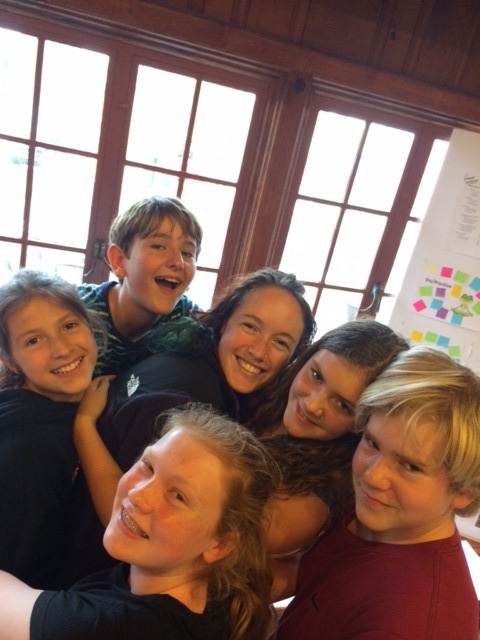

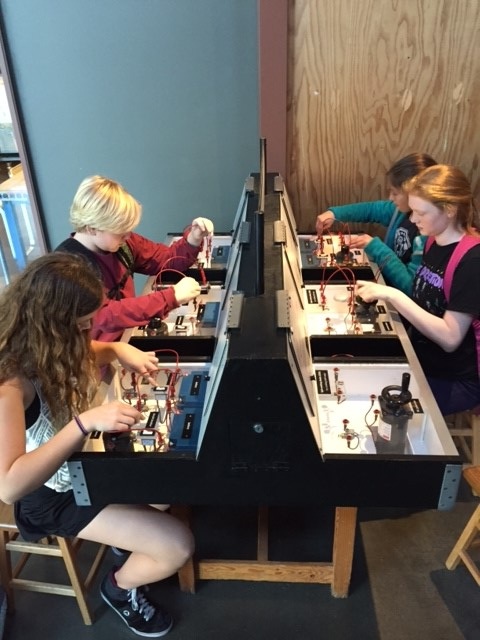
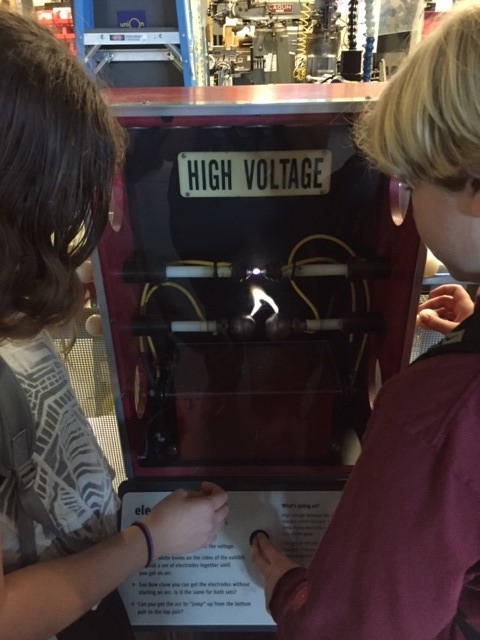
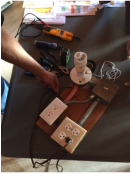
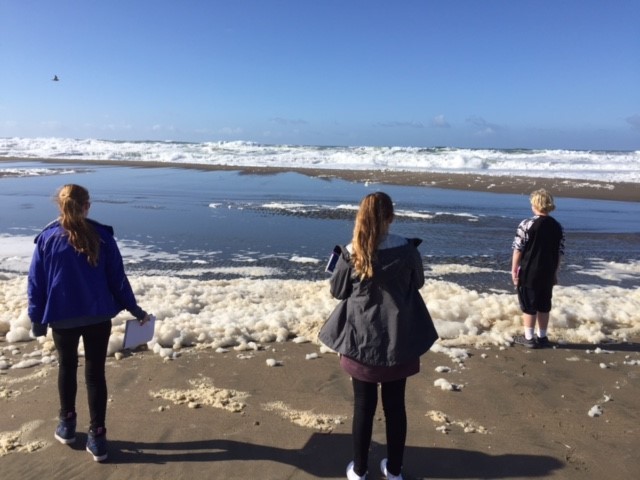
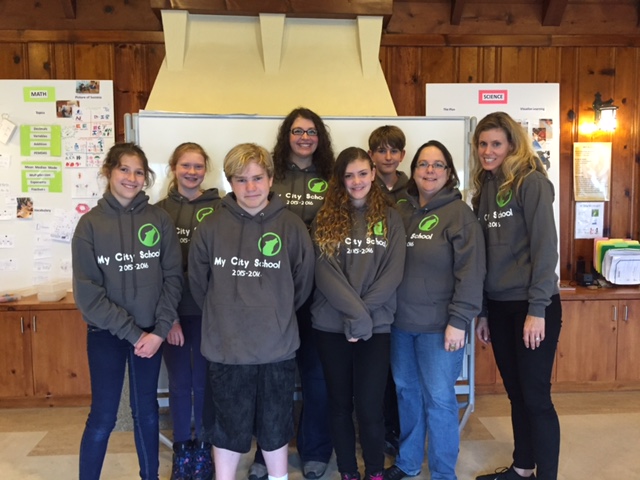
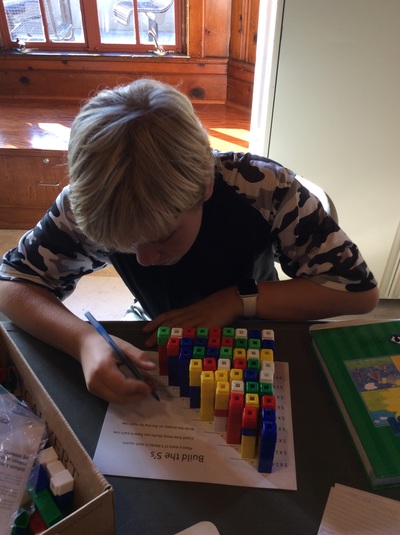
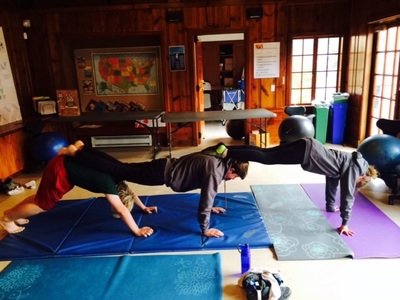
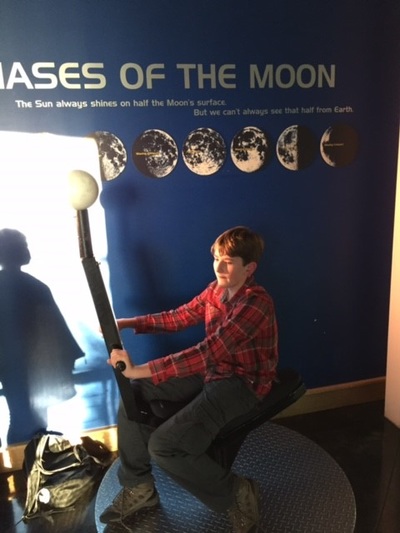
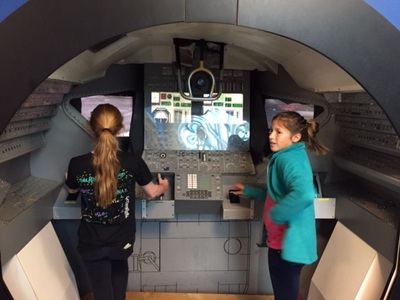
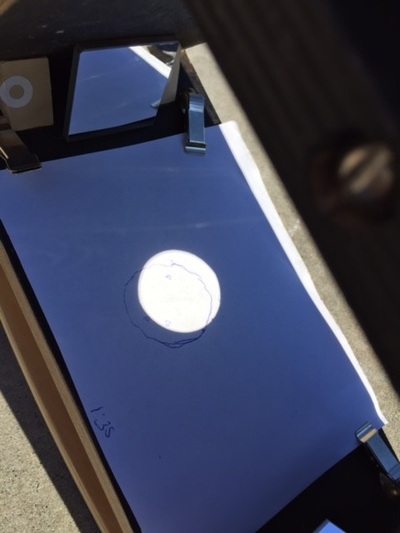
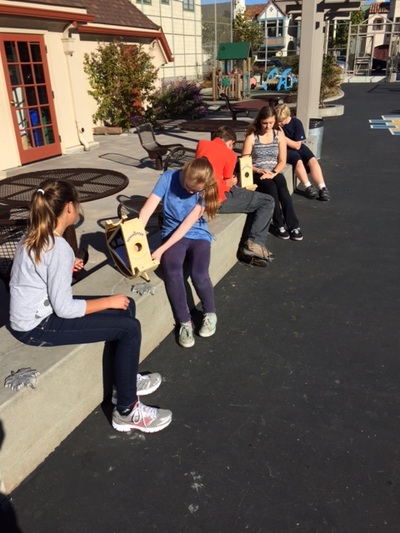
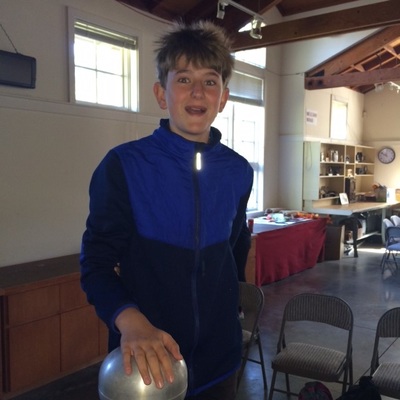
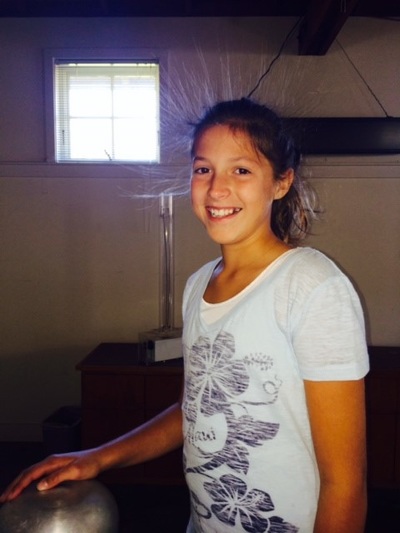
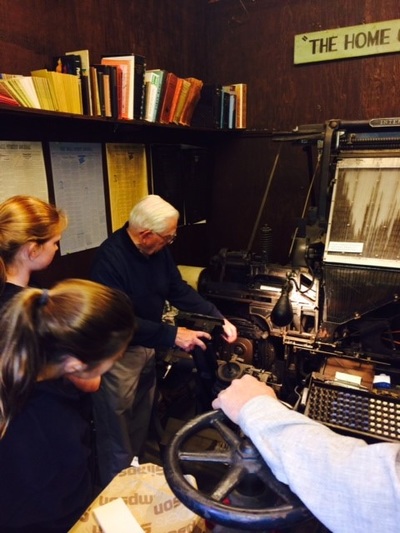
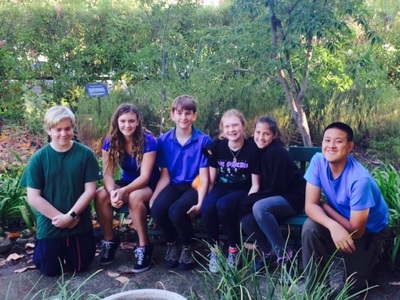
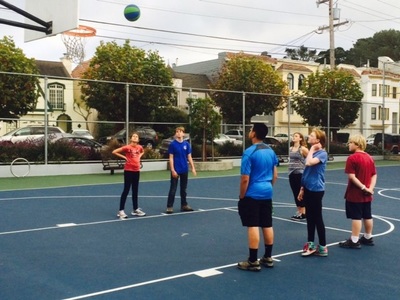
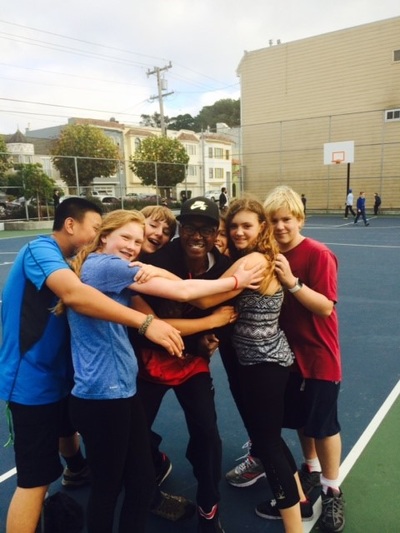
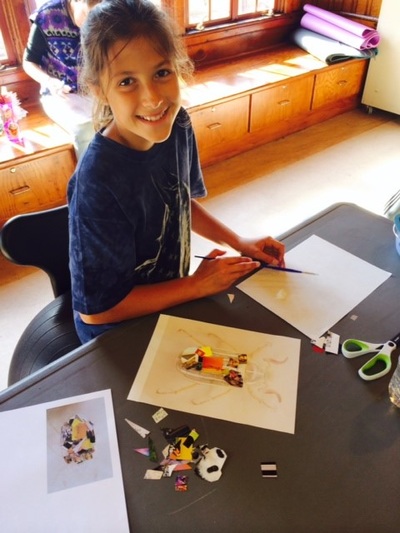
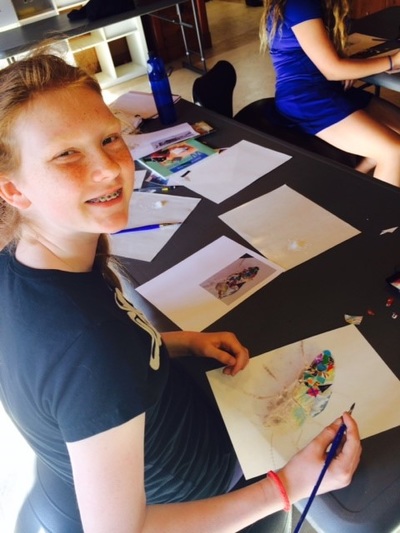
 RSS Feed
RSS Feed